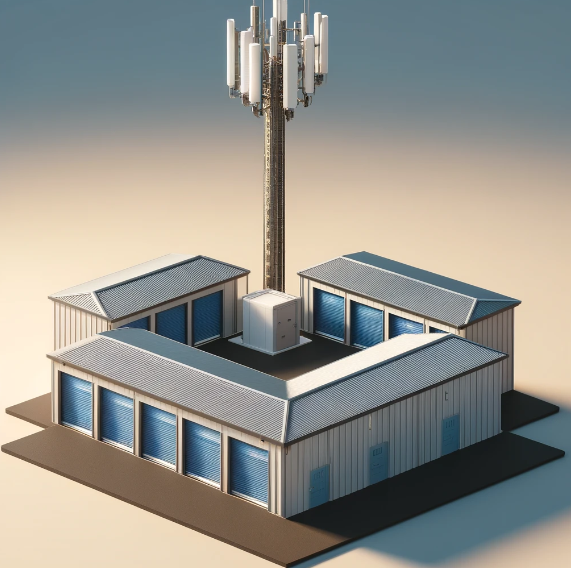T-Mobile’s VoWiFi is more than just a band-aid. It’s strategic.
The Big Four Wireless Carriers (Verizon, AT&T, Sprint and T-Mobile) are in the business of churning customers from another service provider to their own network. The price of monthly plans rivals a fast and reliable connection when it comes to subscriber satisfaction. Verizon, AT&T, and most recently Sprint have broadened their service offerings by packing wireless bundles with home-based Broadband TV. Without the same level of capital (spectrum) to play with (or the partnerships with rural providers that Sprint has cultivated), T-Mobile must find other innovative means of building a loyal subscriber base. It’s been experimenting with so-called VoWiFi since 2007, to solve the problem of network coverage gaps and dropped calls, but few have heard of it, until now.
T-Mobile’s “Un-carrier” network handles voice calls through a wireless Internet connection, in lieu of accessing a cellular network. In fact, T-Mobile is the only service offering Wi-Fi calling compatible with Apple’s new iPhone 6 and 6+. AT&T’s response to why it hasn’t promoted VoWiFi is because it’s cellular network is good enough not to need WiFi as a backup.
This isn’t to say that T-Mobile is giving up 4G LTE builds or site upgrades. It seems that the company is using VoWiFi not just as a band-aid but also to gain new customers that might be interested in the service (particularly Sprint subscribers). In fact, T-Mobile owns a substantial amount of 1900 MHz spectrum that its doing its best to deploy on existing base stations, which means that landowners party to cellular leases with T-Mobile will certainly see equipment modification requests imminently, if they already haven’t.
T-Mobile says it now covers 235 million POPs with LTE and aims to cover more than 280 million POPs with LTE by mid-2015 – beginning with rural areas. This means that we will continue to see T-Mobile upgrades for 700Mhz in the 20 markets where T-Mobile has 700MHz spectrum. In the other markets where T-Mobile doesn’t have 700Mhz spectrum, WIFI calling from home/office will be more necessary.
What remains to be seen is whether T-Mobile will topple Sprint in terms of subscribers. In the Wireless Rush to service the underserved, T-Mobile and Sprint are neck to neck.











